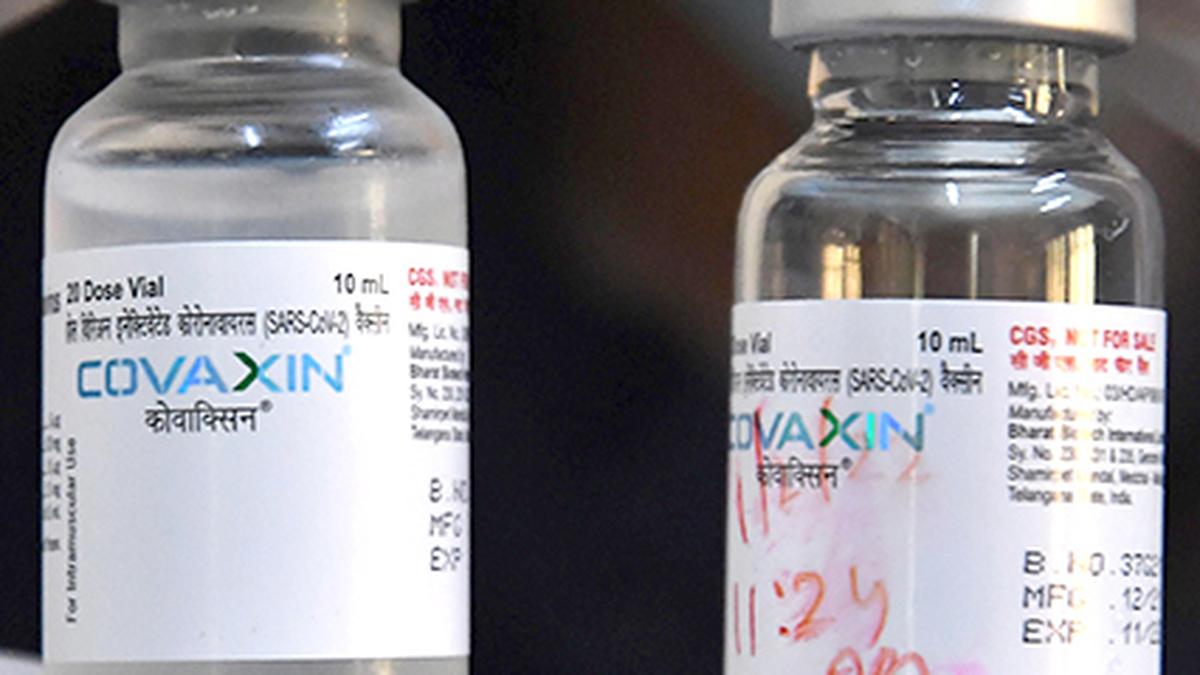
Patent filings credit Bharat Biotech as ‘inventor’ of Covaxin, omit ICMR
The Hindu
India’s Health Ministry had claimed that COVAXIN intellectual property is “jointly owned” by ICMR and Bharat Biotech but patent documents credit Bharat Biotech as COVAXIN inventor
India’s first indigenously developed coronavirus vaccine, Covaxin, was a joint collaboration between the Indian Council of Medical Research (ICMR) and the Hyderabad-based Bharat Biotech International Limited (BBIL) with intellectual property (IP) rights jointly shared between the two organisations. That is what the public record states. However, filings by the BBIL at patent offices in India, the United States and Europe suggest that only its scientists and personnel are credited as ‘inventors’ of the vaccine with no mention of ICMR scientists.
The Hindu has viewed documents detailing these patent applications. If BBIL personnel, credited in applications as Deepak Kumar and Krishna Murthy Ella — Chairman and Founder, BBIL— are indeed the only inventors, it contradicts a statement by the Union Health Ministry, the nodal Ministry of the ICMR, in the Rajya Sabha, which claimed that the IP rights are “jointly owned”.
In response to a question in the Rajya Sabha on July 2021 by Congress president Mallikarjun Kharge, who demanded details of the agreement between the ICMR and the BBIL for the development of Covaxin, the then Minister of State (Health Ministry) Bharati Pravin Pawar laid out a detailed response.
The Minister’s statement said the ICMR would provide a “well characterised” virus strain for vaccine development, the BBIL would develop the final vaccine formulation and, be given a “non-exclusive” licence granted to commercialise the product within two years. It was explicitly mentioned that the “..intellectual property over the product would be jointly owned by the ICMR and the BBIL.” The ICMR would also receive as royalty 5% of net sales to be remitted half-yearly.
The ICMR said that while it had not funded the BBIL for Covaxin development, one of its institutes — the ICMR-National Institute of Virology (NIV), Pune — had spent “funds for Covaxin development“.
It also funded phase-3 clinical trials of Covaxin at 25 locations, involving 25,800 participants. All in all, the ICMR spent ₹35 crore for developing Covaxin. As of January 2022 — as per an update by the government to the Rajya Sabha — the ICMR received ₹171 crore as royalty for Covaxin.
Ms. Pawar’s response to Parliament, however, did not elaborate on the sharing of patent rights. The BBIL, which has over the years had several research collaborations with public research bodies such as the Council of Scientific and Industrial Research (CSIR) and the ICMR itself, has listed scientists from all institutions as ‘inventors’ in patent applications.











